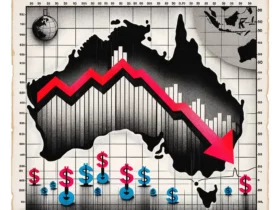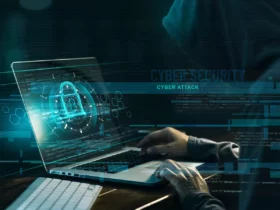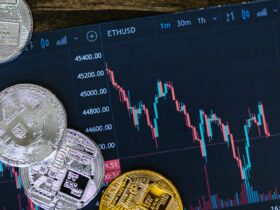Just like most countries in the world, South Korea has its ups and downs during the Covid-19 pandemic. Medical professionals and government officials have been doing their best efforts to provide proper healthcare and safety for all citizens. Several quarantine protocols have impacted and harmed different factors such as small businesses, self-employed individuals, reduced support for vulnerable citizens, and loss or delay in education for students. It is also difficult for people to find rental properties in South Korea, but since more people have been getting vaccinated and new cases are reducing, this year, South Korea has declared new rules regarding social distancing in public places, indoor and outdoor.
Ziptoss is a South Korean-based agency that guides foreigners in looking for a perfect home. They also provide a lot of useful information bout the country’s culture and traditions so foreigners can be more familiar with what happens around their new home. In this article, we’ve provided a list of South Korea’s updated social distancing policy.

- All schools in Seoul were adjusted to 2/3 capacity, and non-urban schools were overcrowded. The capacity can be flexibly adjusted depending on the region/school, the local infection situation, etc.
- Elementary schools (including grades 1 and 2) will be at 5/6 capacity and middle and high schools will be at 2/3 capacity.
- Kindergartens, special schools, daycare centers will remain open as usual.
- Flexible working hours(telecommuting, off-peak commuting), flexible lunch breaks, suggested online meetings.
- The curfew for entertainment facilities, restaurants, karaoke rooms(Noraebang), baths/sauna, and indoor sports facilities will now be at 9:00 PM
- The curfew in theaters/cinemas, performance halls, function rooms, casinos, computer labs(PC Bang), private universities, massage parlors, and banquet halls will now be at 10:00 PM

- Previously up to 4 people only, South Korea now allows up to 6 people(including minors under the age of 18 and recovered covid-19 patients), all with complete doses of vaccine, a negative PCR test result.
- Only 1 unvaccinated person in a group is allowed to join private gatherings in cafes and restaurants.
- Large-scale gatherings and events include local festivals, briefings, hearings, debates, commemorative activities, training sessions, autograph signing sessions, lectures, seminars, competitions, training, etc. held by groups, enterprises, institutions, and the state, as well as weddings, funerals, banquets, etc., first birthday party
- Events and gatherings can now accommodate up to 49 people, vaccinated or not, and 299 people if they consist only of fully vaccinated people attending the said events.
- With the approval of the istitutions, events with more than 300 people can be held (such as irregular performance venues, sports competitions, festivals, etc.).
- Always wear your facemask when going out of your home. Bring a spare mask just in case the one you have on gets damaged or dirty, especially if you have a long day ahead.i
- Even though safety protocols have been less strict, always practice social distancing especially in closed or crowded spaces.
- Bring proof that you have been fully vaccinated and you’ve currently gone through an antigen/PCR test when traveling(within and outside of South Korea).







